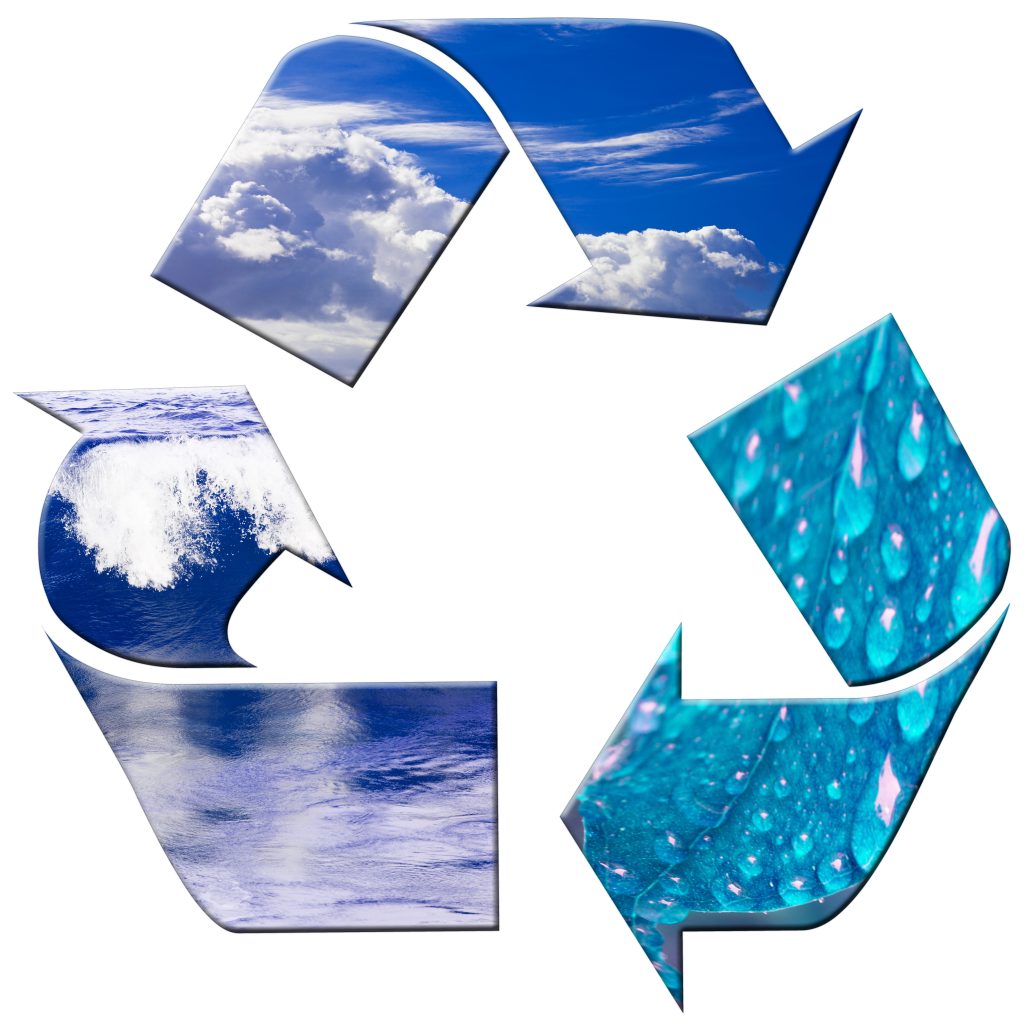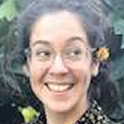

For many people in our group, this was the first time that they had encountered this interpretive tradition, and we were discussing its implications: If water existed with Gd, before anything else, was water Gd’s partner in Creation? Or perhaps, at a minimum, a divine resource wielded by Gd to bring life to this planet?
It was in this conversation that a member of our group offered an insight that had never before crossed my mind: the water that exists on Earth today is precisely the same water spoken of in these opening lines of Genesis.
It’s true. On Earth, water changes form—from ice to ocean to clouds to rain to river to steam—but it never disappears or duplicates. It is a dynamic and finite resource.
That night, after our meeting, I dug in a little deeper and, with a simple Google search, discovered a 2016 article in The New York Times written by Nicholas St. Fleur that brings further scientific insight to these first lines of Genesis:
It’s a mystery how the world became awash in water. But one prevailing theory says that water originated on our planet from ice specks floating in a cosmic cloud before our sun was set ablaze, more than 4.6 billion years ago…That means the same liquid we drink and that fills the oceans may be millions of years older than the solar system itself.
In other words, water is, quite possibly, older than the earth, older than the sun, and older than the entire solar system!
This means that there is a very high chance that the water we drink (poison, pollute, and exploit for profit) today, is the exact same water that is referenced in our holy texts—the water that flooded the earth in Noah’s time, that Rebekkah pulled from the well to water Eliezer’s camels, and that turned to blood in the Nile. It is this same water that has sustained life for the entire existence of life in our solar system. In this way, water becomes a sacred time capsule, carrying forward the stories of our Creation, the stories of our ancestors, and the stories we write today.
This year, perhaps more than any other, has dramatically highlighted how very dependent upon, and connected to, one another we are. Many of us choose to deny these truths because they make us feel weak and out of control. Instead, we opt for the illusion of personal autonomy, personal strength and independence. We opt to pretend that we live in a vacuum where our actions are devoid of impact to the world around us. We make choices for our own immediate benefit, convenience, and gain without considering past, present, and future. We hoard what is not ours to own, and we place the value of our individual comfort over the value of justice, humility, kindness, and sustainability.
But water—present before even the sun—reminds us precisely how connected we are. When we view life on the molecular level, we cannot distinguish one being from another, the past from the present. Water is water. It has no boundaries, flowing through me and into you, from the past into the present and, if we do our jobs right, into the future.
So, I conclude with some parting questions with which to grapple:
What is the story that we are writing today, that water will carry forth into the generations to come?
Do we treat water as a universally life-sustaining and sacred resource?When do we take for granted our access to water and, because of that access, when do we turn a blind eye to the truth that many do not have the safe and clean water that they need?
And, finally, as water is the foundation of all life – past, present and future—what does it mean for our future, that some have access and some do not?
As a rabbinical student, I spend most of my life with my nose buried in Jewish texts. The ICJS Justice Leaders Fellowship gave me the opportunity to share my tradition and also step beyond it as I learned from my Christian and Muslim counterparts about the treasures of their own traditional wisdom. Through dialogue, my understanding of water as a source of sacred connection has been profoundly enriched
 Mikey Hess-Webber is the rabbinic intern at Columbia Jewish Congregation, and a member of the 2020 ICJS Justice Leaders Fellowship.
Mikey Hess-Webber is the rabbinic intern at Columbia Jewish Congregation, and a member of the 2020 ICJS Justice Leaders Fellowship.
Baltimore is part of a national conversation around questions of justice, race, and community. Members of the ICJS Justice Leaders Fellowship consider how Jewish, Christian, and Muslim teachings and practice can contribute to the public conversation about (in)justice. Opinions expressed in this blog are solely the author’s. ICJS welcomes a diversity of opinions and perspectives. We do not seek a single definition of justice between or within traditions.